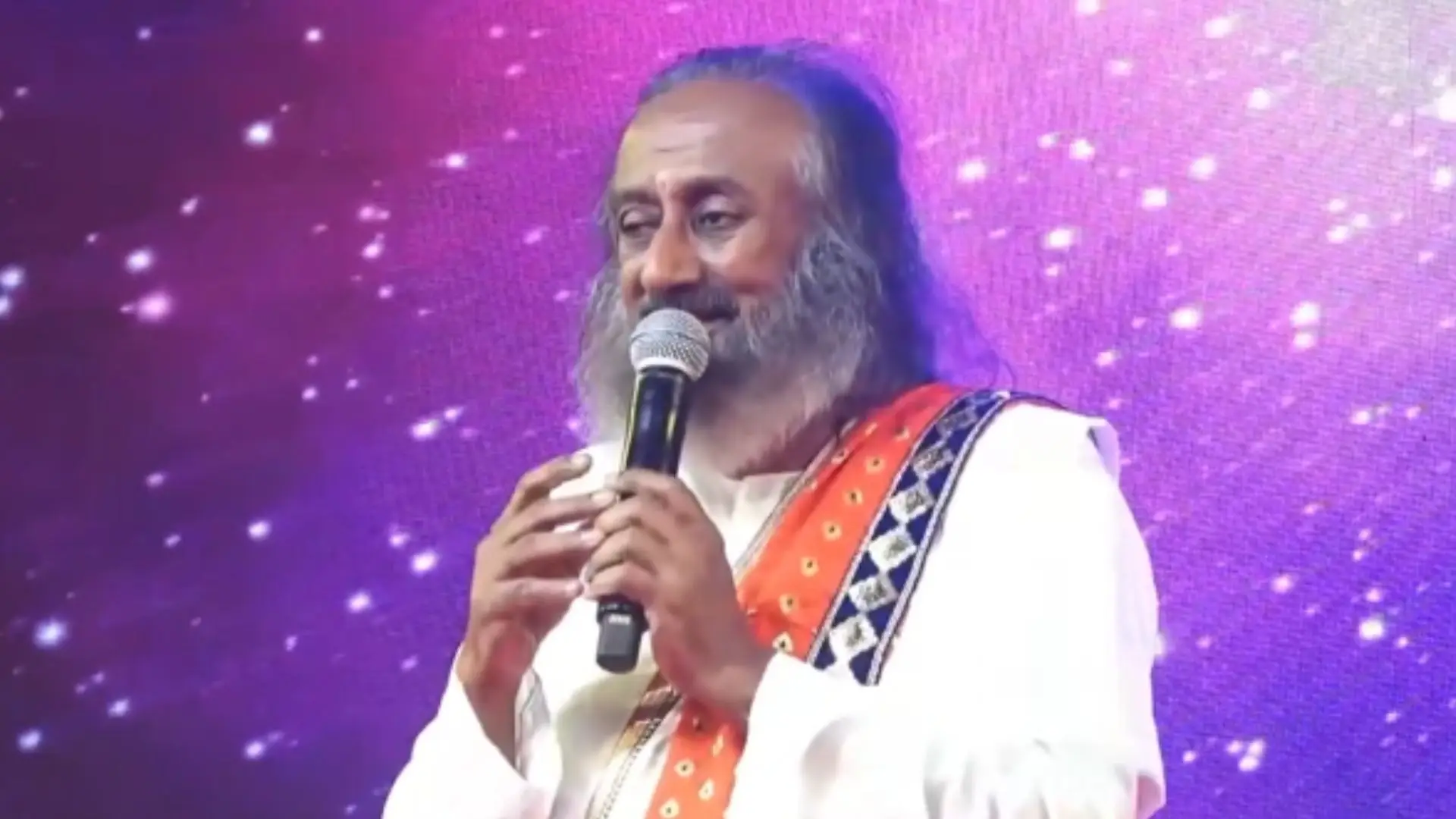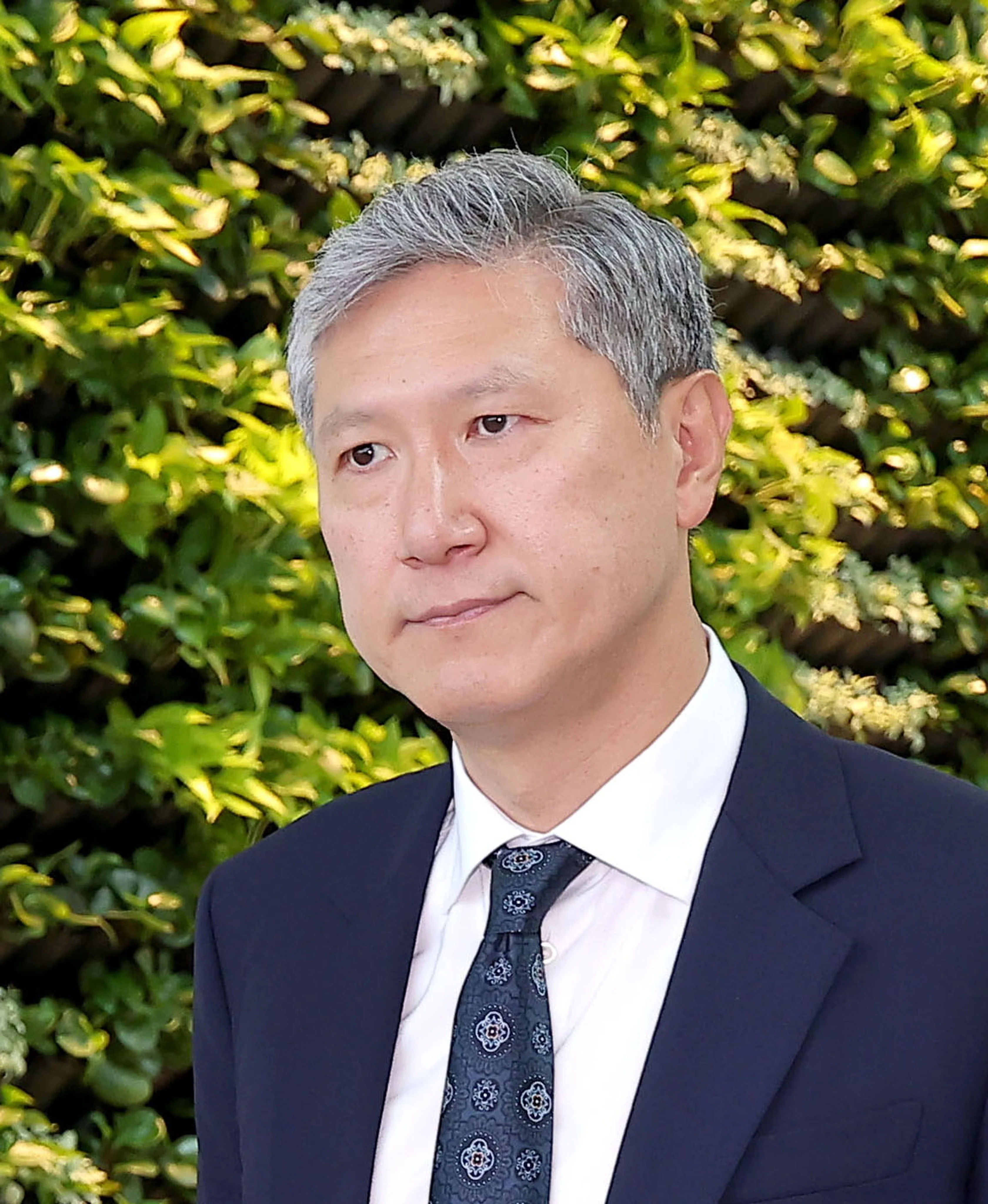‘Could Be an International Conspiracy’: Sri Sri Ravi Shankar’s Warning Amid Nepal’s Gen Z Uprising
By Anubhav Maurya
Copyright republicworld

Nepal Gen Z Protest: Nepal is in the grip of an unprecedented crisis as nationwide protests led by the younger generation continue to escalate.The demonstrations, which began on September 8 after the government banned major social media platforms citing tax revenue and cybersecurity concerns, have quickly transformed into a nationwide movement demanding accountability, transparency, and an end to corruption.While the protests are largely driven by local frustrations, particularly the jobs crisis that sees nearly 5,000 young Nepalis leaving the country daily in search of work, questions are now being raised about possible foreign interference in fueling the unrest.Spiritual leader Sri Sri Ravi Shankar, who has been in touch with youth groups in Nepal, has voiced concerns that the turmoil may not be entirely organic.“There was a sense of frustration among youth for a long time. The youth wasn’t getting an opportunity. But every time there’s a protest, the possibility of interference from outside grows. I think in this protest, there could be an international conspiracy,” he said.These remarks echo the sentiments of Nepalese authorities who, in recent days, have highlighted the infiltration of “lawless individuals and groups” into the movement. The Nepal Army’s official statement warned that violent elements had used the cover of protests to engage in arson, looting, assaults, and even attempted rape.Such organised patterns of violence, coupled with the speed at which the protests spread across multiple cities, including Kathmandu, Pokhara, Butwal, and Birgunj, have raised suspicions that external forces might be exploiting the genuine anger of Nepali youth.Analysts point out that Nepal, strategically located between India and China, has historically been vulnerable to external influence. Its geopolitical significance makes it a hotspot where international powers often compete for leverage.Against this backdrop, the idea of outside interference in a domestic movement is not far-fetched. For instance, similar protests in other regions have seen foreign funding, coordinated disinformation campaigns, and the use of online platforms to intensify unrest.The timing of the ban on social media platforms, which initially sparked the protests, has also led to speculation about whether external actors may have used digital networks to mobilise and amplify dissent.The situation has already turned deadly, with at least 19 people killed and 500 injured in clashes with security forces. Curfews have been imposed across several cities, and the Nepal Army has extended prohibitory orders nationwide to curb further violence.President Ram Chandra Paudel has urged for calm and called on protesters to come to the table for dialogue, even as he accepted the resignation of Prime Minister KP Sharma Oli. His appeal highlights the urgency of defusing tensions before the country spirals into deeper instability.



